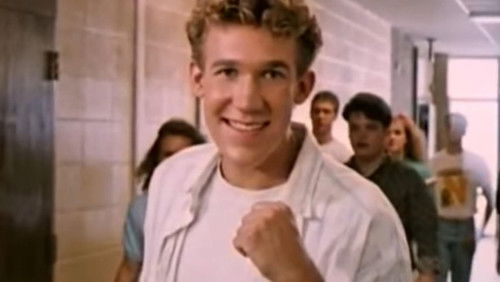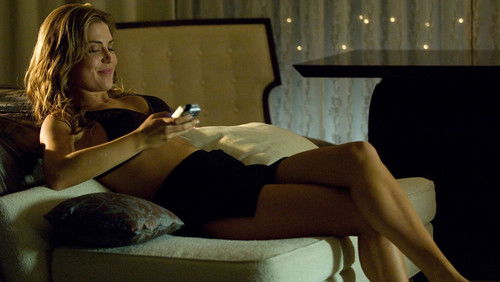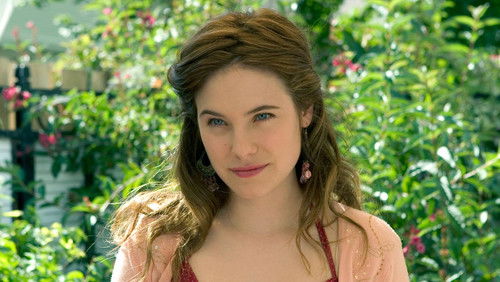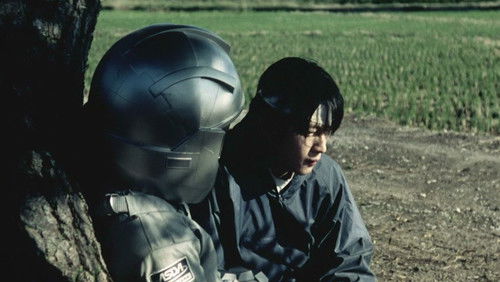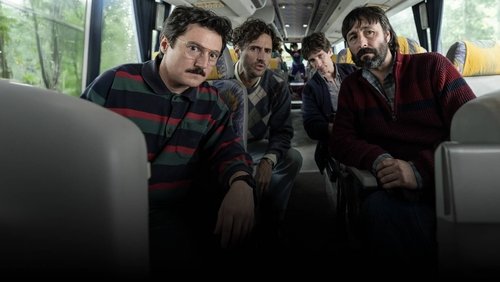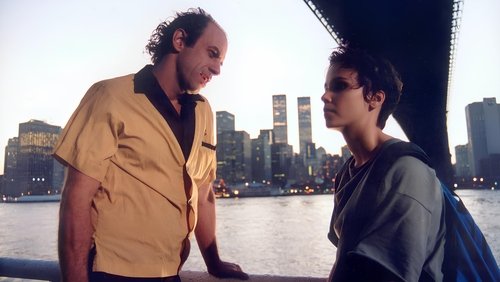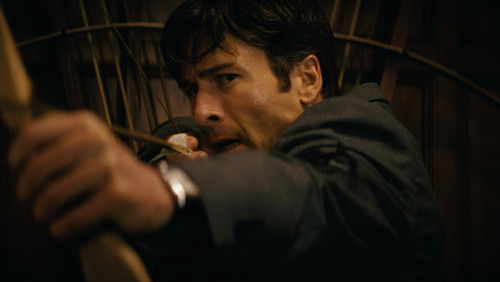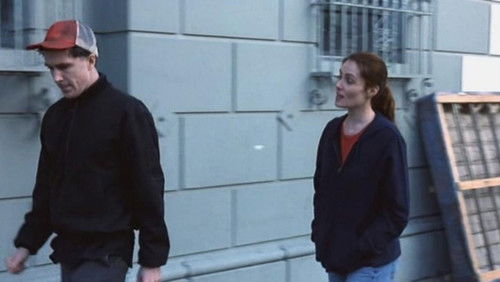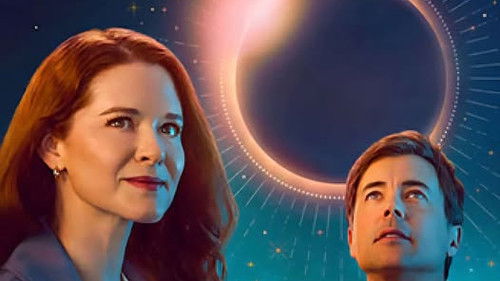Lipstick Under My Burkha (2016)
30KLipstick Under My Burkha: Directed by Alankrita Shrivastava. With Aahana Kumra, Ratna Pathak Shah, Konkona Sen Sharma, Plabita Borthakur. In order to be independent and break free from the conservative society, four women sets on a journey to discover freedom and happiness.
“Lipstick under my burkha, a film by Alankrita Shrivastava, was in the headlines due to its release being banned in India. It is a film which focuses on women, their sexuality, their desires, their frustrations and their need to break the shackles of society in which they feel suffocated. Alankrita has made a very unapologetic film. And yes, as the media reports were there, the film is bold in terms of its theme, subject, screenplay as well as its treatment. If we compare it with the films of the west, certainly one could notice the scope of improvement. But if we take this as an Indian film, indeed, it is a first of its kind, where the film tries to depict the females and their vulnerabilities without actually defending the same. But what the film does not try to do is to show the change in any context or the situation for the female characters. The situation remains the same. As a result, the film appears neither taking any stand as such nor bringing any transformation to the characters. It just seems like the lady characters are fulfilling their desires or living in their dreams/fantasies. The end feels a little abrupt. But yes, the film is successful in making its point clear that hypocrisy exists in our society even in 21st Century, norms of our society being gender specific, and how every woman has the right to live her life and make her choices too, but she is deprived of her basic rights. The film is not taking any moral stance but taking us through the journey of women as they are. It just highlights what is prevalent in the society without trying to find any answers to many pertinent questions raised in the film. It also appears as one sided story from femalesu0026#39; perspectives. The backdrop is set in Bhopal and Alankrita chooses to have four female protagonists who all stay in the same colony – Usha (Ratna Pathak Shah), Shirin (Konkana Sen Sharma), Leela (Ahana Kumra) and Rihana (Plabita Borthakur). Alankrita has also selected another character Rosy from a novel to share the expressions what is not shown on the screen but certainly important for the audience to understand these four characters and their feelings in a much better and explicit manner. Burkha is used here more as a metaphor since within this burkha, there is a woman who wants to just fly free, sing at the top of her voice, use make up, conscious of oneu0026#39;s looks, wants to look good, wants to enjoy sex, wants to talk sex over phone, wants to do everything which is taboo as per societal norms. Usha is 55-year-old widow who is known as Buaji. She even has forgotten her real identity of Usha, tells her name as Buaji when asked. She loves to read pulp novels and she meets her sexual urge through these charactersu0026#39; portrayals. The interesting thing is that Usha hides these novels in between some other book and then reads. This is how she hides her own embarrassment of having the desire for sex and wanting to be sexually active. She herself feels that is it appropriate for her to think of sex or reading pulp novels. Another important character is that of Shirin portrayed by Konkana Sen Sharma. Shirin has 3 children. Her husband Aslam (Sushant) is now back to India, earlier he was working in Saudi. This is a typical case of marital rape. Sushant is hardly having any love for Shirin and children but every night he wants to have intercourse with Shirin. Shirin surrenders to Aslam in spite of not enjoying. Besides most of the times, she ends up reaching clinics to get abortions done. She is working as a Sales Executive but hides this from Aslam knowing that he would not allow her to work. Many females would be able to relate to Shirinu0026#39;s marital rapes, sighs, tears, and longingness to have her manu0026#39;s love instead of lust. Leela (Ahana) is a character who is gregarious, declares her love to her photographer boyfriend (Vikrant Massey), very expressive. She loves to click photos with him and even loves to record videos while Leela makes love with him. She runs her own beauty parlour. She wants to just move out of the colony where she stays and run away to Delhi with her boyfriend. She rebels against the proposal brought in by her mother. Rihana (Plabita Borthakur) is a college student, who belongs to a family which is into tailoring. She loves to sing and dance and just wants to get rid of the burkha. She is so submissive in front of her parents, obeys them apparently but the moment she steps out of her house, she removes the burkha and reaches college in modern outfits. She represents many girls of our society, who just want to break free of every restriction at home. The story of all these four women clubbed with Rosyu0026#39;s story from the novel moves in non-linear format. Ratna, Konkana, Ahana, Plabita are all good in the film. Ushau0026#39;s story moves ahead through Jagat Singh Solanki who portrays a Swimming Coach. Jagat has done many films in the past and he brings a lot of credibility to his characters. Here, in this film, he projects very well that how he gets attracted to a female and her phone talks. And as his role of swimming coach demands, he has maintained a very well-toned physique. Sushant as Aslam – Shirinu0026#39;s husband is certainly wonderful. He maintains the expressions of an abusive husband. Vikrant Massey as a lover boy and boyfriend of Leela is very good. Vaibbhav Tatwawdi as Leelau0026#39;s fiancée has also given a good performance. Shashank as college mate of Rihana plays a typical boy who is an opportunist and does not shy away from breaking his commitment to a girl.”
